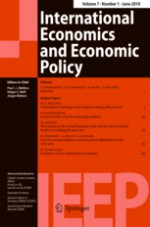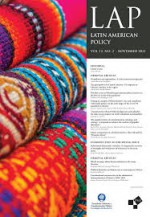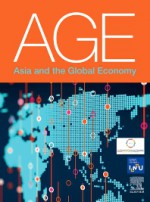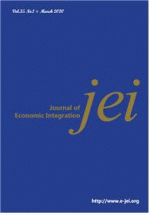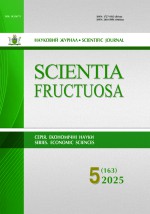EU Free Trade Agreements and Constitutional Rights
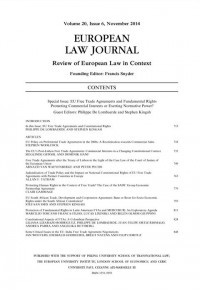
How are constitutional rights protected or undermined in free trade agreements (FTAs) involving the European Union (EU)? Such rights include the traditional first-generation civil and political rights; the second-generation social, economic and cultural rights, as well as third-generation rights that include the environment. Over the past decade, there has been a clear increase in the number of FTAs entered into by the EU. In the majority of these agreements, respect for human rights is often presented as an essential element. From the EU’s perspective, focus has always been on using these agreements to foster its normative standing. This entailed a promotion of its core values on human rights and good governance. The critical factor has always been to use these agreements to check excesses of repressive regimes. But given that human rights are regarded as indivisible, there is also a strong desire from critics that greater attention is equally placed on socio-economic rights. This argument is further stretched in those countries with constitutions that clearly stipulate the pro- tection of second- and third-generation rights. There are many reasons why rights have been included in EU FTAs. From the EU’s perspective, not only are its normative values extended farther afield through such clauses, but it also signals that commercial policy cannot be conducted in isolation. Rather it is part of a package of tools in foreign affairs that the Union can use. From the perspective of partner countries, embracing such rights may actually be a strategy with which to sell a more burnished image that is attractive to foreign investors and visitors. What is more, some of these countries also embrace the clauses mindful of the salience accorded to human rights in their own national constitutions. The EU is not alone in using such provisions in its FTAs. The United States has also been keen to integrate human rights and soft political provisions in its trade deals as well as preferential schemes such as the one sanctioned under the African Growth and Opportunity Act. The approach used by the EU since the 1990s has been that of carrots and sticks: providing perks to good performers and forfeiting the same to renegades.

